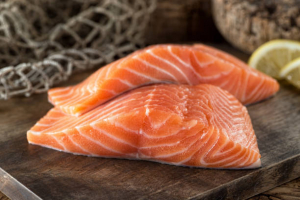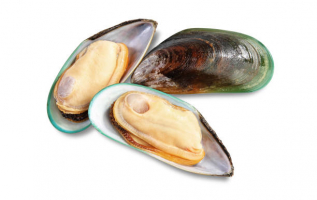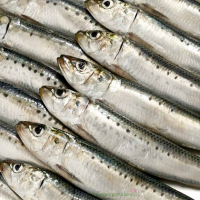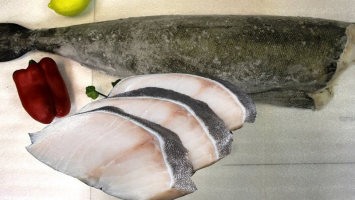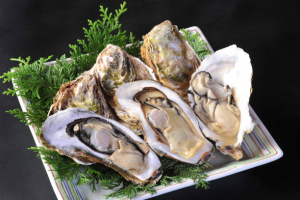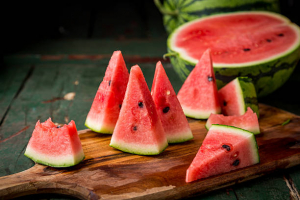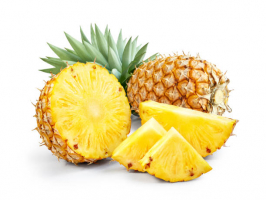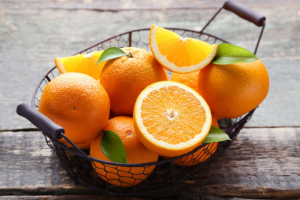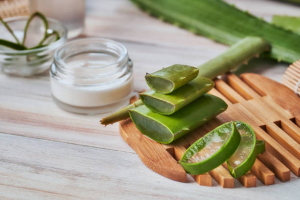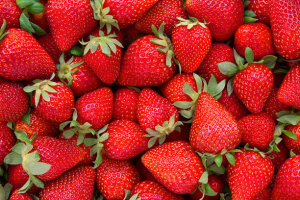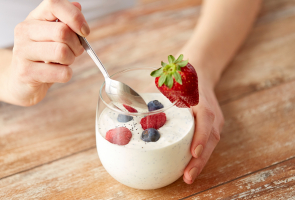Top 6 Health Benefits of Eating Peaches
Peaches are a fuzzy fruit that originated in northwest China. They are a stone fruit, which means that their flesh surrounds a single enormous central seed. ... read more...The hue of a peach's inside flesh varies from white to yellow to orange. Let's take a look at the potential health advantages of peaches, their nutritional profile, and how to include more of them into your diet in this article.
-
Peaches include a lot of vitamins, minerals, and plant chemicals that are good for you. Peaches, like plums, apricots, cherries, and nectarines, are stone fruits. Stone fruits, as the name implies, contain a center pit that resembles a stone. Peaches come in white and yellow types and have a variety of nutritional benefits.
One medium-sized peach (5.4 ounces or 150 grams) provides approximately:
- Calories: 58
- Protein: 1 gram
- Fat: less than 1gram
- Carbs: 14 grams
- Fiber: 2 grams
- VitaminC:17% of the Daily Value (DV)
- VitaminA:10% of the DV
- Potassium: 8% of the DV
- Niacin: 6% of the DV
- VitaminE:5% of the DV
- VitaminK:5% of the DV
- Copper: 5% of the DV
- Manganese: 5% of the DV
Peaches include trace levels of magnesium, phosphorus, iron, and B vitamins. Furthermore, they are high in antioxidants, which are beneficial plant components that fight oxidative damage and help protect your body from aging and illness. The more antioxidants a fruit has, the fresher and riper it is. As long as canned peaches remain unpeeled, fresh and tinned peaches appear to provide comparable levels of vitamins and minerals. Fresh peaches, on the other hand, contain greater antioxidant levels and appear to be more efficient at guarding against oxidative damage than canned peaches.
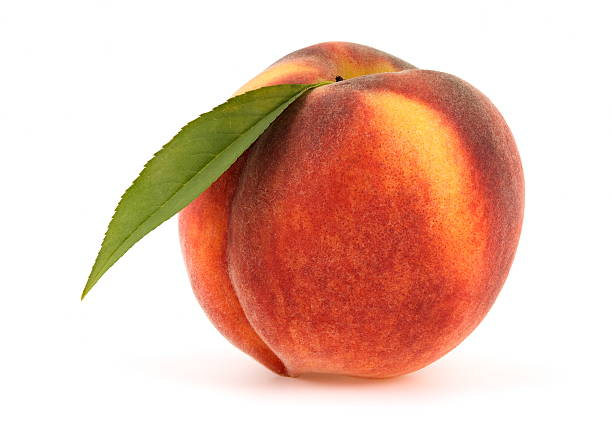
Pack With Nutrients and Antioxidants 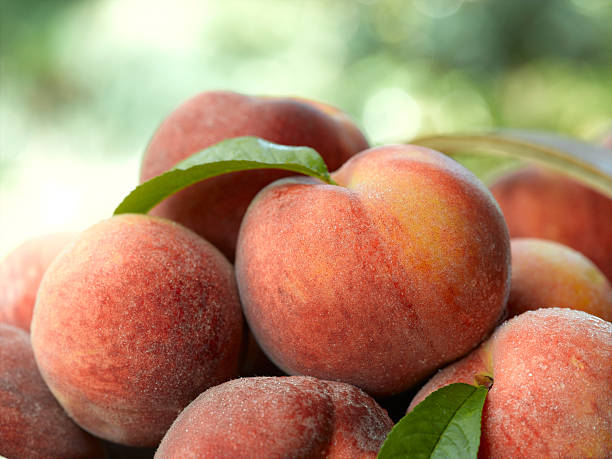
Pack With Nutrients and Antioxidants -
Peaches may be beneficial to digestion. One medium-sized fruit contains around 2 grams of fiber, half of which is soluble fiber and the other half is insoluble fiber. Insoluble fiber bulks up your stool and aids in the movement of food through your digestive tract, minimizing the chance of constipation. Soluble fiber, on the other hand, feeds the good microorganisms in your intestines. These bacteria, in turn, create short-chain fatty acids like acetate, propionate, and butyrate, which fuel the cells in your gut.
Short-chain fatty acids in the stomach may also help decrease inflammation and alleviate symptoms of digestive illnesses such as Crohn's disease, IBS, and ulcerative colitis. Peach blossoms are another fruit component that may aid digestion. They are often used to treat digestive issues in traditional Chinese medicine. Compounds contained in flowers have been shown in animal studies to successfully boost the intensity and frequency of stomach contractions, which helps maintain the right rhythm to push food along smoothly. While peach blossom extract is frequently used in studies, herbal tea prepared from the blooms is widely enjoyed in Korea.
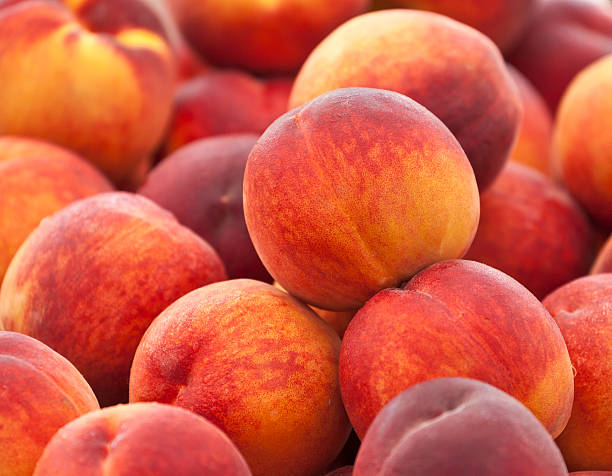
May Aid Digestion 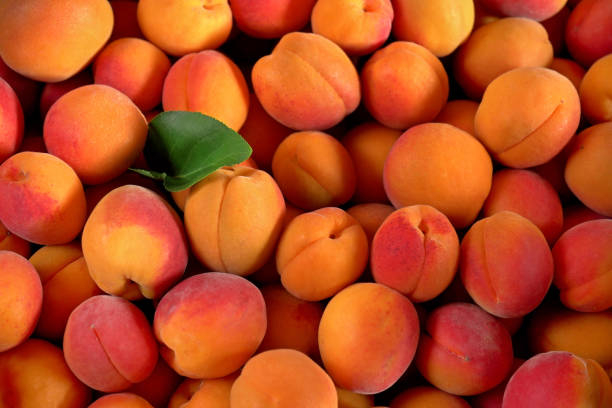
May Aid Digestion -
Consuming fruit on a regular basis, particularly peaches, may benefit heart health. Peaches may reduce heart disease risk factors such as high blood pressure and cholesterol levels. Furthermore, research suggests that peaches may bind to bile acids, which are substances created by the liver from cholesterol. The bound bile acids, along with the cholesterol they contain, are eventually expelled through your feces, which may aid in the reduction of blood cholesterol levels.
Peaches may lower total and "bad" LDL cholesterol levels, as well as blood pressure and triglyceride levels, according to additional test-tube and animal research. Peach juice may reduce levels of the hormone angiotensin II, which elevates blood pressure, according to research on obese rats. While these results appear promising, additional research is required to validate them in humans.
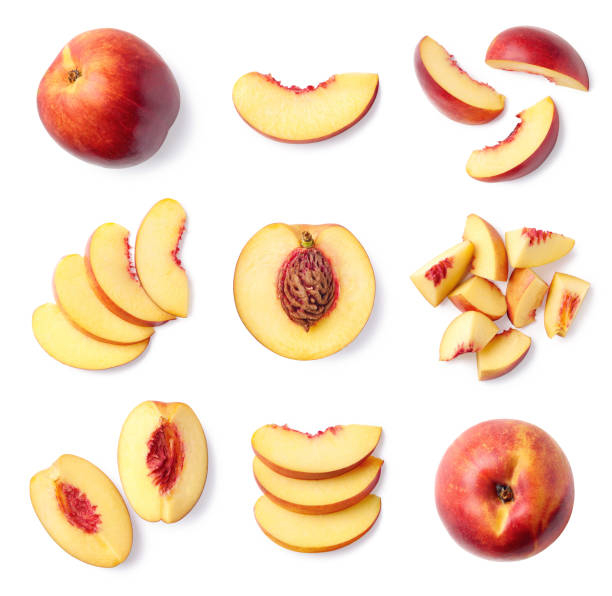
May Improve Heart Health 
May Improve Heart Health -
Peaches may offer anti-aging properties that help keep your skin healthy. According to test-tube research, chemicals contained in peaches may increase your skin's capacity to retain moisture, hence enhancing skin texture. Furthermore, both animal and test-tube studies indicate that extracts derived from peach blooms or meat applied directly to the skin may help prevent UV damage. In mice, peach blossom extracts were also proven to slow the growth of skin cancers. However, the further human study is required before conclusions can be formed.
According to research, ingesting vitamin C on a daily basis might enhance the appearance and health of the skin. This potent antioxidant is essential in the formation of collagen. Collagen serves as the skin's support system, facilitating wound healing and increasing skin strength. According to a 2015 analysis of research, adding vitamin C to the diet improved at least one aspect of real or perceived skin appearance, such as wrinkles, elasticity, roughness, and coloration.
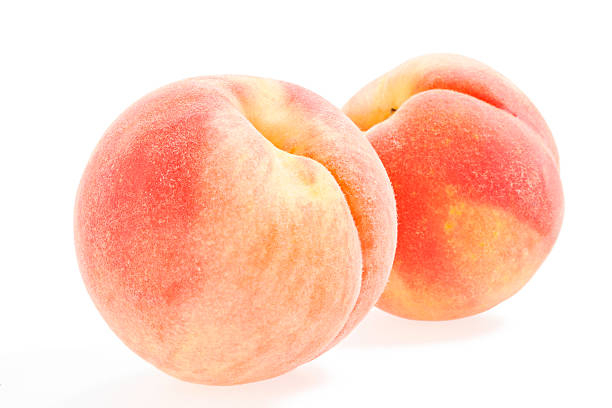
May Protect Your Skin 
May Protect Your Skin -
Peaches, like other fruits, contain beneficial plant chemicals that may give some protection against certain malignancies. Carotenoids and caffeic acid, two kinds of antioxidants thought to have anticancer activities, are abundant in peach skin and meat. Compounds in peach seeds have also been demonstrated in animal and test-tube studies to reduce the growth of non-cancerous skin lesions and keep them from turning malignant.
Not to add, peaches are high in polyphenols, a kind of antioxidant that has been proven in laboratory experiments to decrease the development and spread of cancer cells. Peach polyphenols may have the capacity to destroy malignant cells while causing no harm to healthy cells. In one animal research, these polyphenols were very efficient at preventing the growth and spread of a specific form of breast cancer. According to the researchers, a person would need to eat two to three peaches each day to ingest the number of polyphenols utilized in the study.

May Prevent Certain Types of Cancer 
May Prevent Certain Types of Cancer -
A cup of diced peaches contains 2.52 g of fiber. The USDA recommends 22.4–28.0 g of fiber per day for female adults and 30.8–33.6 g of fiber per day for male adults, therefore this serving size can supply at least 7.5 percent of a person's daily fiber consumption. According to a 2018 analysis, fiber-rich meals give a variety of essential health advantages. They can safeguard colon health, aid in long-term weight control, and lower the risk of a variety of dangerous health disorders.
These illnesses include cardiovascular disease, type 2 diabetes, and malignancies such as colorectal cancer and lung cancer. A person's fiber intake might be greatly increased by substituting sugary, low-fiber foods with a peach or two per day. The advantages of eating fruits and vegetables are numerous. The risk of numerous lifestyle-related disorders, such as obesity, diabetes, and heart disease, decreases as plant food consumption increases. A diet rich in fruits and vegetables can also lower the risk of overall mortality.
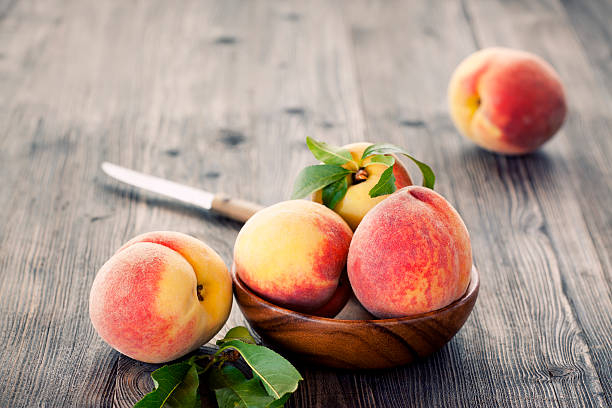
Contributing to fiber intake 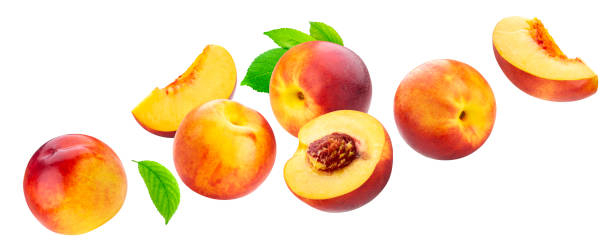
Contributing to fiber intake









